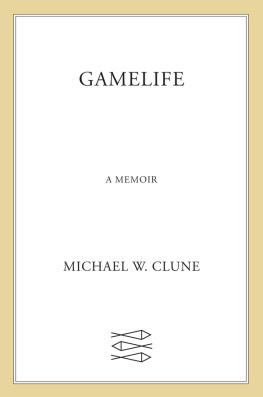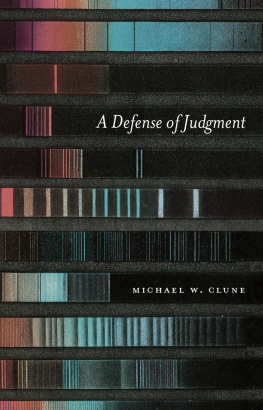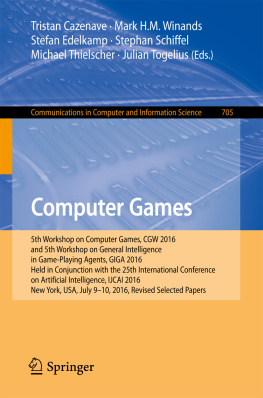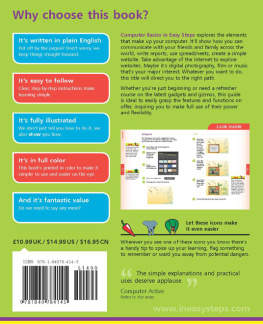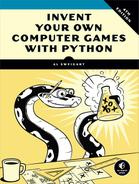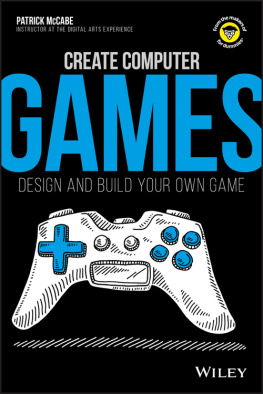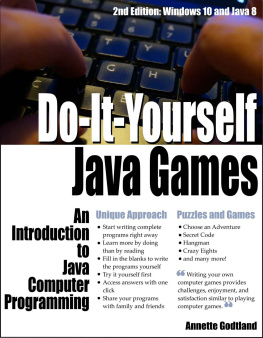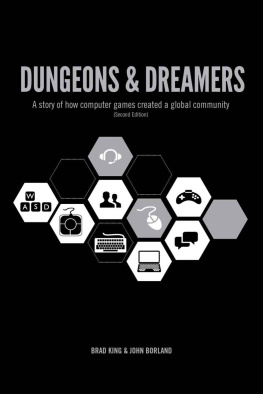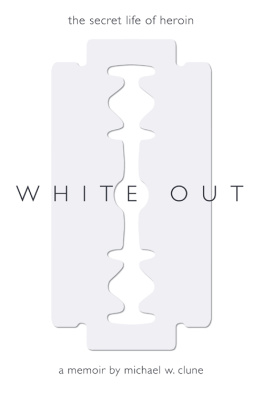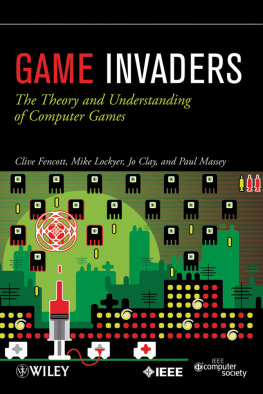Michael W. Clune is a professor of English at Case Western Reserve University. He is the author of a memoir titled White Out: The Secret Life of Heroin , and of two scholarly books, American Literature and the Free Market and Writing Against Time . You can sign up for email updates here.
Id like to thank Mitzi Angel, Stan Apps, J. K. Barret, Colleen Clune, Aaron Kunin, Ben Lerner, Edward Orloff, Lauren Voss, and Will Wolfslau.
Also by Michael W. Clune
White Out: The Secret Life of Heroin
Writing Against Time
American Literature and the Free Market
I wasnt surprised when the computer appeared. Id seen it coming on TV. Television was pictures on a screen. After television came the words. In the den of our old Victorian house in Evanston, after the VCR tape of The Parent Trap was over and my sister Jenny dozed beside me, and my parents were upstairs and hadnt yet noticed the television babble had stopped, I watched the static. I waited for something to emerge. I was seven. After fifteen minutes, nothing. After twenty minutes, still nothing. After a half hour the static was like a pulverized alphabet. Ten minutes later I saw the first letter. W. Assembled in a flash from tiny gray and black slats, it jumped from one corner of the screen to the other and vanished.
So I was ready for the words at the end of television. My father set up the computer in the small second-floor room by the back staircase. My mother said that in the old days that had been the nursery. She said my great-grandfather had lived in that room when he was a baby. He was dead, Id never met him. My mother said he was probably thinking about me.
The Commodore 64 was a swollen beige keyboard. The small television and the keyboard housing the mysterious computer circuits sat on a card table. I sat on a wooden chairan extra from the kitchen table far below. Behind the extelevision screen, and slightly above it, a narrow window showed the blue summer sky. The pre-words of high clouds spun in the static of the sun. I realized why the default setting of the computer screen is blue. I typed in a sentence.
-Color 2
The screen changed to green.
-Color 3
The screen changed to red.
-Color 10
-ERROR
-Color 15
-ERROR
-Make Castle
-ERROR
The first thing a human needs to know about computers is that not every sequence of words will work. The second thing a human needs to know about computers is that almost every sequence of words will not work. I took a deep breath. I looked down at the keyboard, a hive of unknown words. XFK. CRYSTEP. SEPT1HLP. Which combinations would work? Which ones were error?
I stared at the red screen. The undersides of my legs grew sweaty on the hard wood chair.
-Make
I stopped typing. The cursor blinked at me. Make what? I closed my eyes. Nothing. The error was in me! I didnt know what I wanted from the computer.
When my father found me, he gently raised my head from the keyboard. He dried my eyes with the edge of his shirt. Then he started to tell me about computer games. A computer game is a device for giving people things to want from computers.
The game I picked out with my father at the store was called Suspended . It belonged to a now-forgotten genre known as text-based adventures. It was made by a company called Infocom, which had practically invented the genre with their 1978 game Zork. The front of the box had a picture. On the back of the box were words:
A robot who hears but cannot see
You are suspendedphysically immobilized, frozen but alive20 miles beneath the surface of an automated planet. Three computers, supposedly perfect and fail-safe, control the entire planets weather, transportation, and food production. You are linked to the computer system in case of an emergencyin case, for some unthinkable, unimaginable reason, the computers malfunction.
A robot who sees but cannot wander
Should the impossible happen, should something go wrong, you must fix the computers as quickly as possible, since people will be dyingvictims of a utopia turned nightmareunless you do.
A robot who feels but cannot hear
You cannot move. You have six robots at your disposal to do your work for youhighly specialized, programmed robots, all obedient, all helpful, all individualized. You will have to manipulate them in and around an Underground Complex where the computers are controlled. You will address and work them separately and jointly, and they will report back to you with their progress and perceptions.
Think logically. Act decisively.
This description mesmerized me. I read it through four times. Then I turned the box over to examine the picture on the front. A mans large blue face. His eyes closed. Suspended, I thought.
How old are you, son?
I jumped a little. It was a clerk, staring down at me through wire-rim glasses.
Um seven, I stammered.
He shook his head.
This game is designed for older players, he said. Ages sixteen and up.
He took the box from me and replaced it on the shelf.
Theres some games you might like over in the next aisle, he said. Fun games.
I turned where he pointed and walked away, dazed. Sixteen? I did the math in my head. From seven to sixteen is nine. Nine years until I would be sixteen. I couldnt wait nine years!
I stopped. The aisle was piled with brightly colored boxes. I looked at them. Games about mazes. Baseball. There was even a box with Big Bird on the cover. No way. I turned around. Leaned past a shelf piled with computer manuals to scan the aisle Id just left. The clerk had his back to me, talking to another customer. I inched back toward the Suspended boxes.
What if I got it anyway?
I looked over my shoulder, suddenly worried that my father was watching. But he was at the counter, chatting with the cashier. So what if I play it nine years early? I thought. Its a game. How could it be dangerous?
Im going to get it, I decided. I crept up and snatched the box from the shelf, and walked as quickly as my legs would carry me to the counter.
Hurry , I thought, looking back for the bad clerk.
My father glanced at the box, nodded. I gave it to the cashier so he could ring it up. The cashier looked at me, but he didnt say anything.
My father had the radio on as we drove back from the store. President Reagan was on it. He was talking about Iran. He said that the best gift human beings could give to the future was an error-free world.
We will not stand for error, Reagan intoned.
Eliminate error, my father whispered to himself.
No more error, I thought. Outside the car windows, the giant summer daisies turned slowly on their stems. The road beneath us vibrated like an eyeless, earless, noseless robot. Deep summer blue above, the color of swarming airplanes.
Everything is about to change, I thought.
* * *
You have been awakened.
Floppy disk inserted, computer turned on, a whirring, and then this sentence, followed by a blinking cursor. Id lowered the blinds over the window, but the rims of sunwheels slid through the slats.
I studied the card with the list of words the game recognized. It was a short list. Report. Move. Press Button.
Auda, report, I typed.
Auda was the robot who could hear.
I hear wind coming from the sloping corridor.
I studied the colored map that had come with the game.
Iris, report, I typed.
Iris was the seeing robot.
I am in the Transit Control Area. The screen shows malfunctioning aircabs have now killed twelve thousand people on the surface. There are three buttons.
Iris, press button.
I do not have hands, she said.
Sensa here, scrolled across the screen. I am picking up a disturbance by elevator bank A.
Auda, report, I typed.
I am hearing the sound of footsteps in the sloping corridor, she said.
Next page
